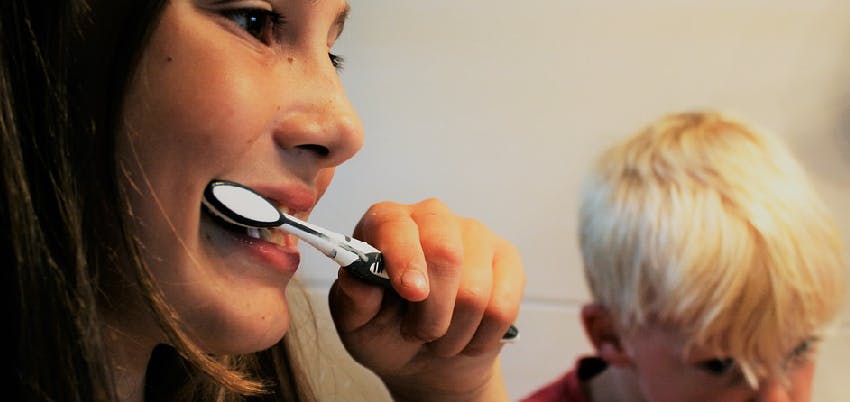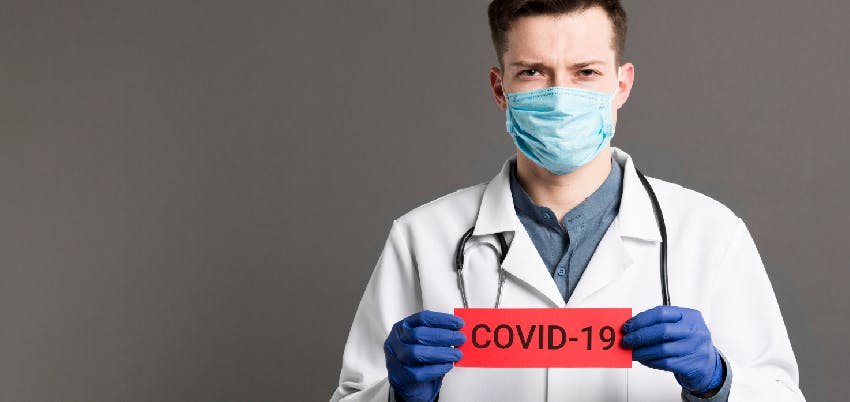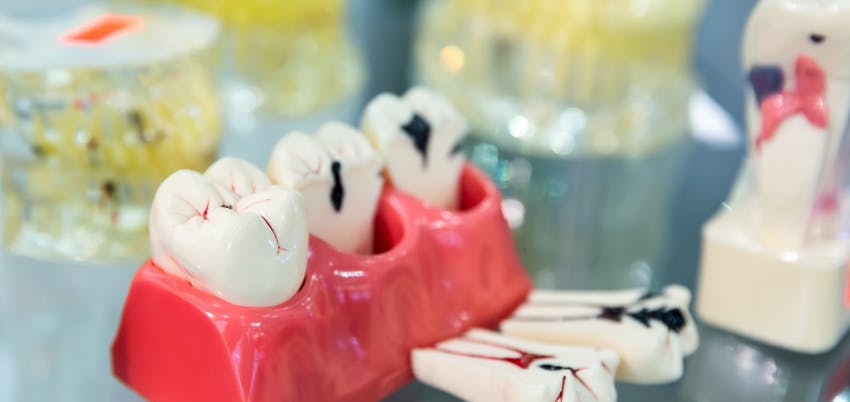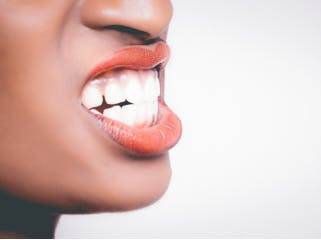
Oral Health: daily care
by Wildsmile
To maintain proper oral health, it is necessary to carry out a series of practices on a daily and methodical basis. Let's see what this condition is about and how it is done effectively.
1. What is having proper oral hygiene?
There are certain signs that are synonymous with having proper oral health. They are:
· Clean teeth without food debris and without being rough when passing the tongue through them
· There is no bleeding or gum pain during brushing or when flossing.
· No bad breath
2. Practices towards proper oral health
· Brushing: the correct brushing is the basis of good oral health. Choose a brush of fine and soft bristles. When it is time to brush, lean 45 ° against the edge of the gum and produce a smooth horizontal movement to the right and to the left. It must be quick to remove food remains stuck to the gum. Subsequent movements will be from top to bottom, as if trying to "sweep" all the accumulation of plaque and food remains to the opposite side of the gum. This is done with all the side faces of the dental pieces, while on the faces that are up or down, we will pass it vigorously.
· Floss: it should be used at least once a day before bedtime. It is strained between the fingers, gently lowered and a "C" forms on both sides of each tooth. We move it from the bottom up and vice versa, but without hitting the gums. It must be used in each dental joint without exception.
· Fluoridated toothpaste: it is the one that provides the most protection against tooth decay.
· Mouthwash with toothpaste: instead of using a product for mouthwash, it is recommended to take a speck of toothpaste and swish with it.
· Watch for signs: bleeding or swelling of the gum, pain, tooth sensitivity and bad breath are signs that something is not right. We must be attentive to them and consult the dentist if they appear.
· Visit the dentist every six months: regardless of the occurrence of negative symptoms, it is necessary to visit the dentist to identify if there is a presence of tooth decay or other oral disease.
3. The importance of the diet
Avoiding sweet foods is not enough. Lemon is a corrosive food for enamel, so we must eat it with moderation and always brushing our teeth after eating it or drinking a juice from it.
Modern feeding practices recommend eight meals a day instead of four, to better distribute food and avoid binge eating. The problem with this is that it is not suitable for dental health.
However, if we brush our teeth after each meal, this should not mean an inconvenience. What cannot happen is that we eat a snack and forget about the other part of our health: oral health.
Want to learn more about this?
Contact us
Your contact request is registered. We will contact you as soon as possible.
Lorem ipsum dolor sit amet, consectetur adipisicing elit. Adipisci alias aliquid amet commodi dolor, dolore doloremque dolores fugit quod repellat.
 ENG
ENG






